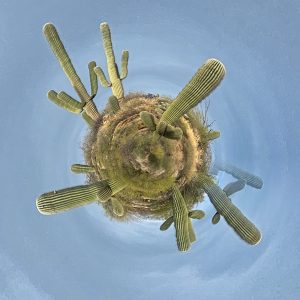About
Globally, colorectal cancer (CRC) is the third leading cause of cancer-related death and incidence is still increasing (World Cancer Research Fund). Our gastrointestinal tract is home to hundreds of bacterial species, constituting the gut microbiome. Evidence suggests that a state of pathological imbalance in the microbiome is present in CRC patients. Several studies have identified specific species that are highly enriched in their tissues, stool and saliva. Thus, the gut microbiome may play an important role in CRC development and therapy resistance. However, regarding host-microbial interactions, few CRC-associated microbes have been studied, hence the role of bacteria in the etiology of the disease remains unknown. Treatments and diet are two main factors linked to microbial modulation in CRC. In this project, we will study tumor initiation and progression, host-microbiome interaction and the influence of diet on these processes both in vitro and in vivo. First, we will analyze microbiome composition and metabolites present in different sample types, such as stool, tumor tissue and paired control tissue samples from CRC patients in a Luxembourg cohort, in order to identify top CRC-associated bacteria and metabolites. This data will be integrated into in silico metabolic models, allowing us to understand the role of bacterial communities in CRC. We will then delve into the mechanisms by which the identified CRC-associated bacteria influence CRC development. We will use the HuMiX model as a controlled environment for our in vitro studies. We will further continue our investigations in vivo. Fecal samples from healthy individuals or CRC patients will be introduced into a mouse model of CRC. We will evaluate the influence of diet on the complex interplay between microbiome, metabolome and host in CRC. The results of this study will help in developing strategies to circumvent the harmful effects of CRC-associated bacteria, both on tumor initiation and development. Most importantly, we anticipate that this work will lead to the development of dietary guidelines for CRC patients during the progression of the disease.
Organisation and Partners
- Department of Health, Medicine and Life Sciences
- Faculty of Science, Technology and Medicine (FSTM)
- Molecular Disease Mechanisms
- RWTH Aachen
Project team
-
Elisabeth LETELLIER
-
Pau PEREZ ESCRIVA
-
Maryse SCHMOETTEN
-
Carole LINSTER
-
Rashi HALDER
Keywords
- Colorectal cancer
- Cancer patients
- Gut microbiome
- Diet
- Therapy resistance
